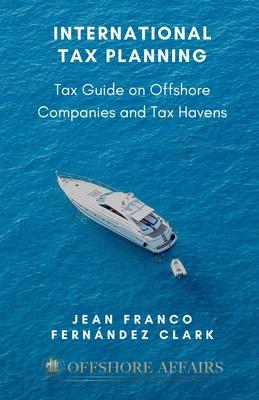- Tax residency for companies and individuals.
- Worldwide and territorial tax systems.
- Offshore Companies and Tax Havens.
- Income and capital gains tax, and ways to reduce it or avoid it.
- Withholding tax
- Tax Information Exchange Agreements
- Exit tax.
- Controlled Foreign Companies (CFC Rules).
- Economic Substance Requirements (ESR)
- Transfer Pricing.
- Tax treaties and treaty shopping.

Book
International Tax Planning: Tax Guide on Offshore Companies and Tax Havens
(Write a Review)
Paperback
$9.99
- Tax residency for companies and individuals.
- Worldwide and territorial tax systems.
- Offshore Companies and Tax Havens.
- Income and capital gains tax, and ways to reduce it or avoid it.
- Withholding tax
- Tax Information Exchange Agreements
- Exit tax.
- Controlled Foreign Companies (CFC Rules).
- Economic Substance Requirements (ESR)
- Transfer Pricing.
- Tax treaties and treaty shopping.
Paperback
$9.99